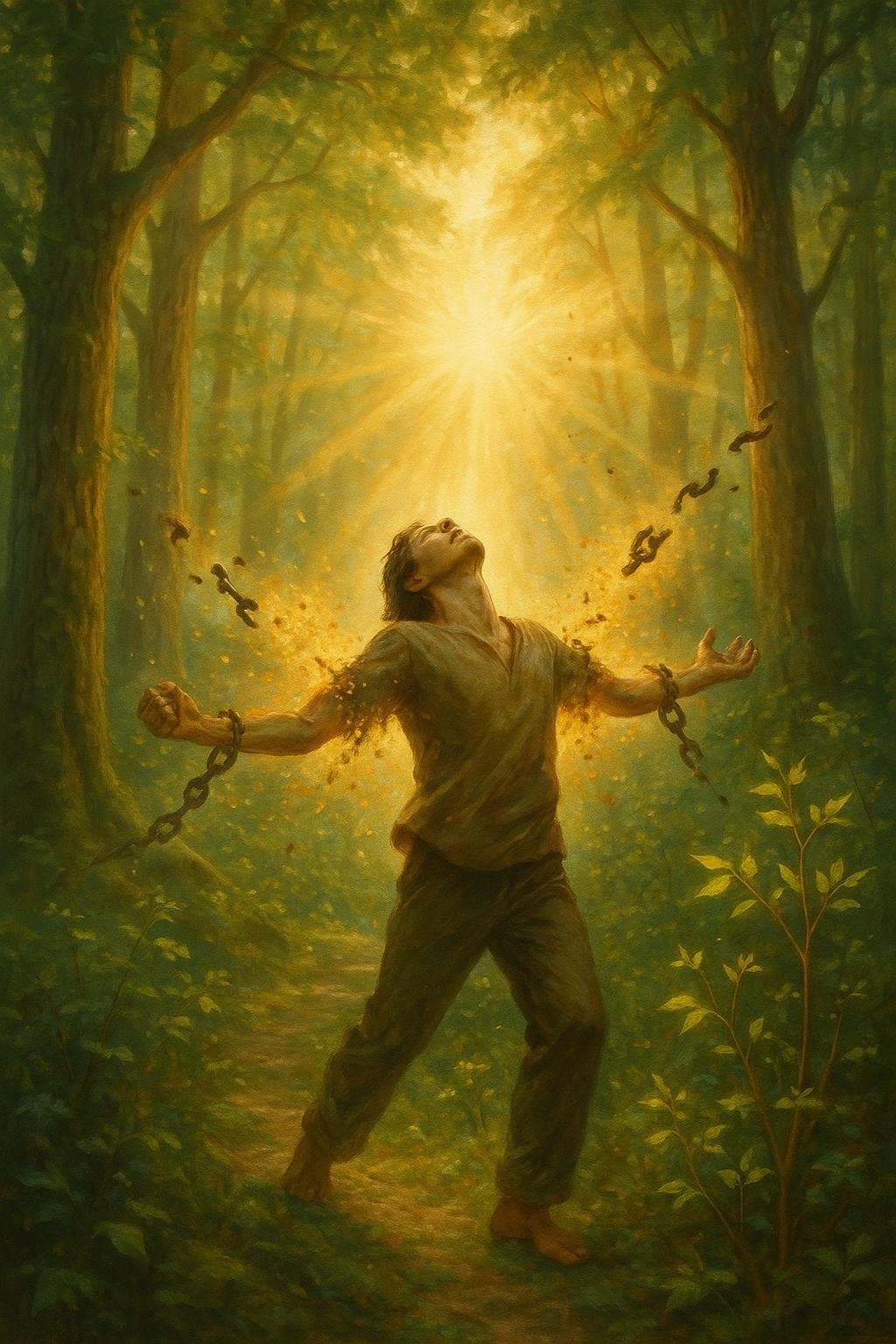The Liberating Power of Forgiveness Within Ourselves

To forgive is to set a prisoner free and discover the prisoner was you. — Lewis B. Smedes
Understanding Forgiveness as Release
Lewis B. Smedes’s statement frames forgiveness as an act of liberation, suggesting it is not only about letting another off the hook, but also, and perhaps more critically, about freeing oneself. The metaphor of a ‘prisoner’ alludes to the emotional and psychological chains we fasten to ourselves by clutching resentment or hurt. Each act of forgiveness, then, is an act of opening the cell door.
Emotional Toll of Holding Grudges
When we hold onto anger or grievance, we expend mental and emotional energy maintaining the barriers of our own confinement. This is reflected in studies on the psychological effects of grudges, such as the work of psychologist Charlotte vanOyen Witvliet (2001), who found that rehearsing hurtful memories increases stress and diminishes well-being. Thus, the pain we think we direct at others rebounds to wound ourselves.
Self-Discovery Through Forgiveness
Smedes’s insight also speaks to the transformative realization that occurs upon forgiving: the true ‘prisoner’ is often ourselves. Like a protagonist in a coming-of-age story, we recognize that clinging to anger restricts our own growth and freedom. This self-discovery is echoed in Nelson Mandela’s reflection upon leaving prison, understanding that to continue hating would be to remain captive in a different way.
Forgiveness in Practice: Steps Toward Freedom
Practicing forgiveness requires intentional steps, including empathy, acknowledgment of pain, and oftentimes, a reimagining of the offender’s humanity. Embedding these practices in daily life, as advocated by Smedes’s book ‘Forgive and Forget’ (1984), allows individuals to gradually dismantle the walls of their self-imposed prison, restoring peace and emotional clarity.
A Path to Healing and Wholeness
Ultimately, the journey of forgiveness points us toward wholeness. As we release bitterness, we reclaim agency over our emotional lives. This freedom not only impacts our personal well-being but also improves our relationships and communities, echoing the sentiment found in Martin Luther King Jr.’s advocacy for reconciliation: true freedom is both internal and communal.